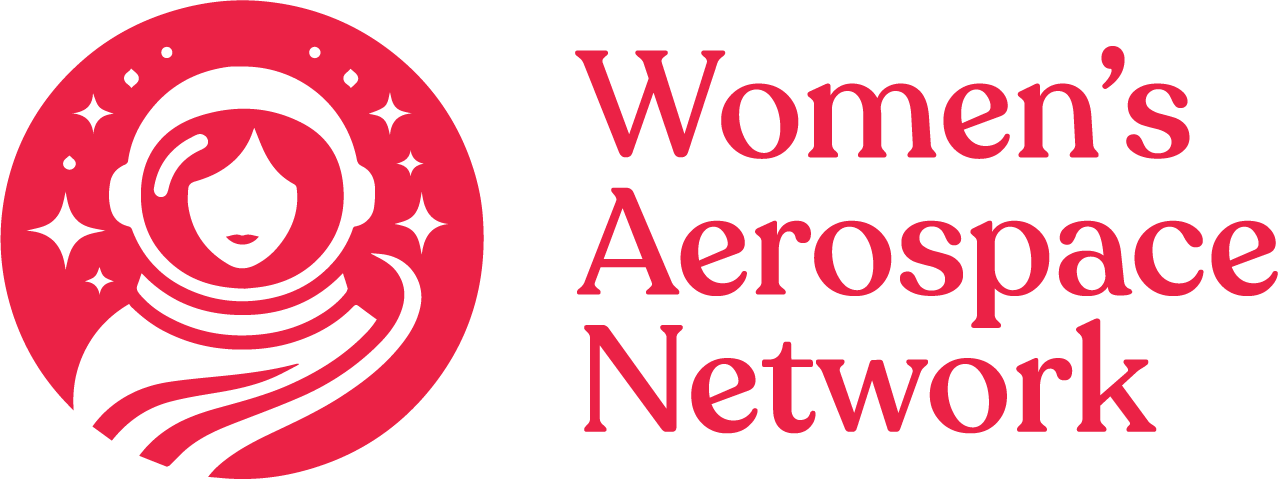To become an astronaut, one must meet rigorous educational standards. The journey begins with obtaining a bachelor's degree, but it doesn't end there. NASA and other space agencies require advanced education to ensure astronauts have the knowledge and skills necessary for their complex missions.
Bachelor's Degree
A bachelor's degree in a STEM field is the first step on the path to becoming an astronaut. This foundational education provides the basic knowledge and skills needed for further specialization. Aspiring astronauts should focus on fields such as engineering, biological science, physical science, computer science, or mathematics. These areas of study help develop critical thinking, problem-solving, and analytical skills that are essential for space exploration.
Master's Degree in STEM
After completing a bachelor's degree, aspiring astronauts must obtain a master's degree in a STEM field. This advanced education is crucial for meeting NASA's requirements. The master's degree should be in a relevant field such as engineering, biological science, physical science, computer science, or mathematics 1. This higher level of education deepens an individual's understanding of complex scientific concepts and prepares them for the challenges they may face in space.
For those who haven't completed a master's degree, there are alternative paths. NASA considers applicants who are at least two years into a doctoral program in a relevant STEM field, have completed a Doctor of Medicine or Doctor of Osteopathic Medicine degree, or have finished a nationally recognized test pilot school program 2.
Relevant Fields of Study
When choosing a field of study, aspiring astronauts have several options that align with NASA's requirements. Some of the most relevant areas include:
• Aerospace Engineering: This field focuses on designing, building, and testing aircraft and spacecraft, making it highly relevant for aspiring astronauts.
• Mechanical Engineering: It involves researching, designing, and developing mechanical devices and systems, which is crucial for spacecraft and equipment maintenance.
• Electrical Engineering: This discipline is essential for the design and maintenance of electrical systems in spacecraft.
• Biology: The study of living organisms is vital for understanding the effects of space on human physiology and conducting experiments in space.
• Physical Sciences: This broad field includes subjects like physics and chemistry, which are fundamental to understanding the space environment.
• Computer Science: With the increasing reliance on technology in space missions, expertise in computer systems and software is highly valuable.
• Mathematics: A strong foundation in mathematics is crucial for problem-solving and data analysis in space missions.
These fields of study provide the technical knowledge and skills necessary for the complex tasks astronauts perform. They also prepare candidates for the rigorous training and problem-solving scenarios they will encounter during the astronaut selection process and beyond.
Moreover, candidates are encouraged to update their skills throughout their careers. Participation in workshops, seminars, and relevant research projects can enhance their knowledge and keep them informed of the latest advancements in space technology. Networking within the aerospace community can also provide valuable insights that further enrich their qualifications. Ultimately, the path to becoming an astronaut is not just about meeting educational requirements; it’s about cultivating a lifelong passion for exploration and discovery.


